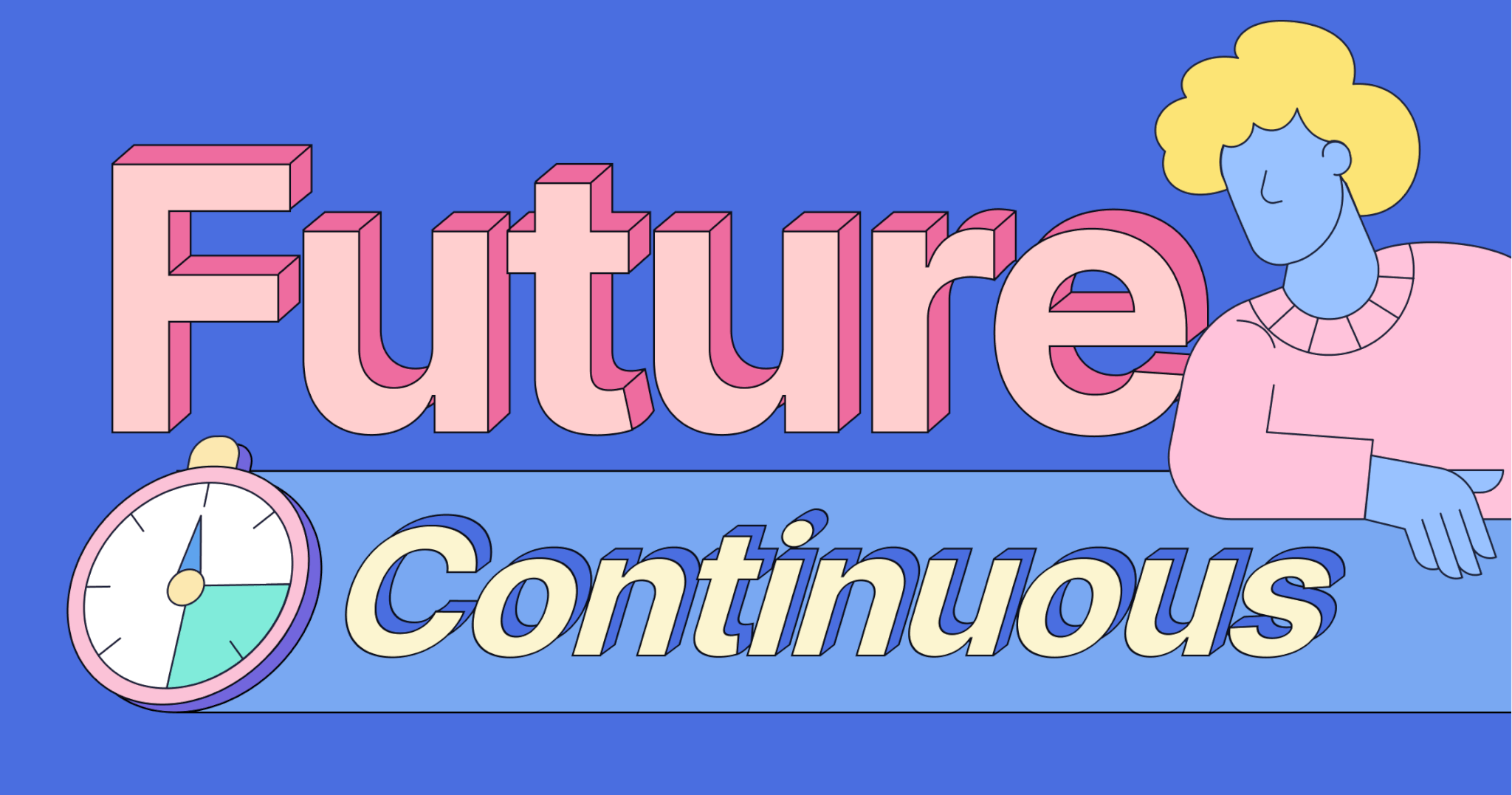Future Continuous in German

Future Continuous in German.The Future Continuous tense is a fascinating aspect of English grammar, serving as a window into actions or events that will be in progress at a specific point in the future. This tense enables speakers to paint a descriptive picture of upcoming events, by indicating actions that will be unfolding or happening.

Explanation about Future Continuous in German
Here is the basic structure: Subject+future tense of “sein”+am+Present Participle
For example, the English sentence “I will be reading a book” can be translated into German as “Ich werde ein Buch lesen” (literal translation: I will read a book), but to express the continuous aspect, you might say “Ich werde am Lesen sein” (literal translation: I will be at reading).
However, it’s important to note that this construction is not as common in German as the Future Continuous tense is in English. German typically uses the present tense or the simple future tense to convey future actions, regardless of whether those actions will be ongoing. The context and additional time expressions often make it clear if the action is supposed to be continuous.
Here is another example:
- English: “He will be working when you arrive.”
- German: “Er wird arbeiten, wenn du ankommst.” (This could mean he will start working when you arrive or he will already be working when you arrive, depending on the context.)
To emphasize the continuous nature of the action in German, you can use additional phrases, such as “gerade dabei sein zu” (be in the middle of):
- German: “Er wird gerade dabei sein zu arbeiten, wenn du ankommst.” (He will be in the middle of working when you arrive.)
Examples for using Future Continuous in German
| English | German Equivalent | Literal Translation |
|---|---|---|
| She will be cooking dinner at 7 PM. | Sie wird um 7 Uhr abends kochen. | She will cook dinner at 7 PM. |
| They will be playing football in the morning. | Sie werden morgens Fußball spielen. | They will play football in the morning. |
| I will be working when you call. | Ich werde arbeiten, wenn du anrufst. | I will work when you call. |
| We will be watching a movie tonight. | Wir werden heute Abend einen Film schauen. | We will watch a movie tonight. |
| He will be reading a book. | Er wird ein Buch lesen. | He will read a book. |
| To emphasize continuity: | To emphasize continuity: | |
| He will be reading a book. | Er wird gerade dabei sein, ein Buch zu lesen. | He will be in the middle of reading a book. |
| She will be cooking when we arrive. | Sie wird gerade dabei sein zu kochen, wenn wir ankommen. | She will be in the middle of cooking when we arrive. |
In conclusion, the Future Continuous tense is a vital and intriguing aspect of English grammar, offering a unique perspective on actions and events unfolding in the future.




























